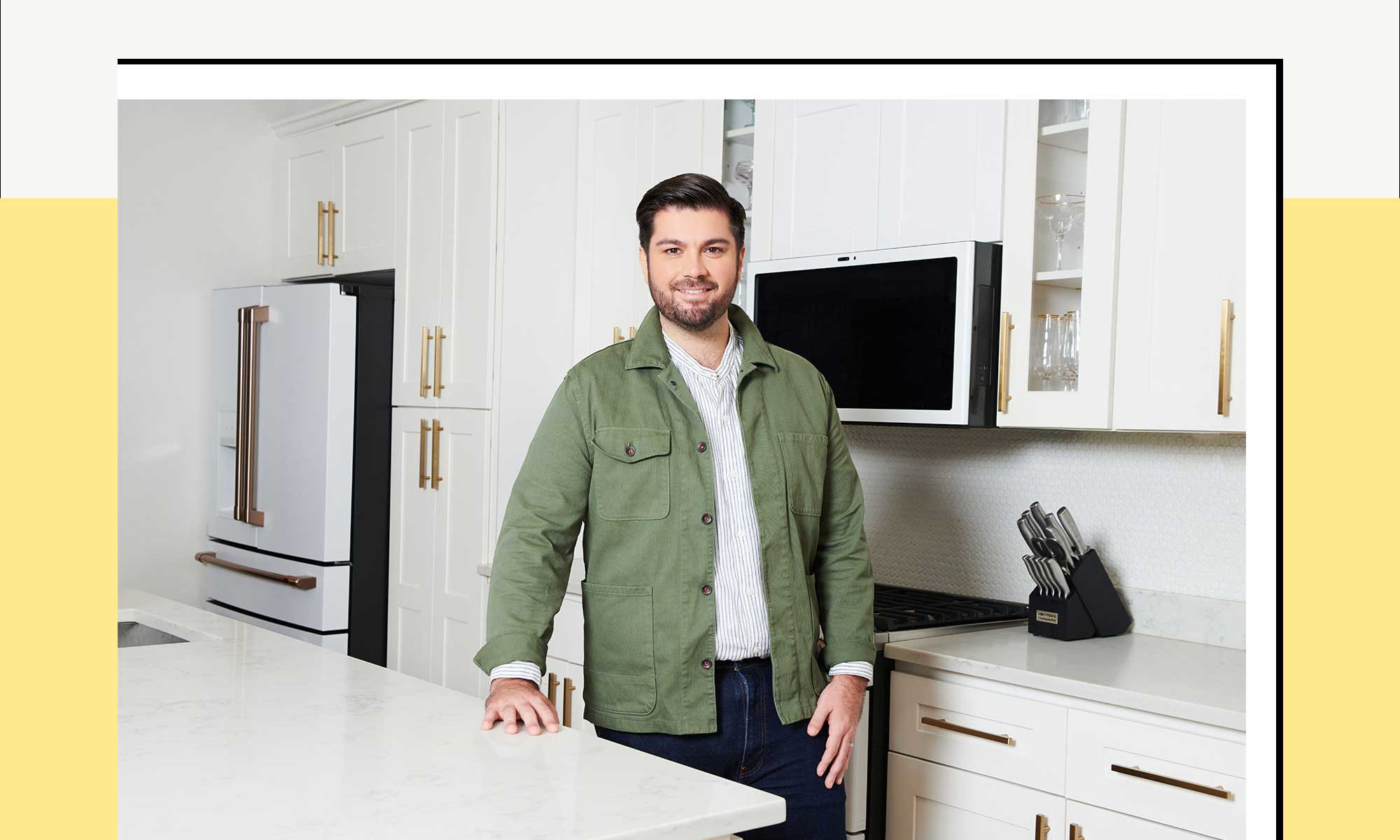The wealthy can't find enough people to manage their money. Here's why
The talent crunch is not just owed to a lack of qualified candidates — it's also selectivity on the part of family offices.

Family offices are set to grow at a rapid pace as the ultra-rich look for personalized services to handle their wealth. But they are struggling to find money managers.
As of last September, there were 8,030 family offices globally managing $3.1 trillion in assets, according to Deloitte's recent statistics. By 2030, the number of family offices is expected to grow to 10,720 with $5.4 trillion in assets under their management.
"We estimate that by 2034, at current advisor productivity levels, the [wealth] advisor workforce will decline to the point where the industry faces a shortage of roughly 100,000 advisors," McKinsey said in February.
According to the North America Family Office Report by RBC and Campden Wealth released last September, a significant number of family offices reported how hiring was a "big challenge" and expressed difficulties in recruiting and retaining staff. The same is true for European family offices.
Meanwhile, family offices in growing Asian wealth hubs such as Singapore are turning to automating workflows and outsourcing due to talent shortages in the city-state.
Family offices also have to compete with banks, private equity firms, and hedge funds for top talent.
The talent crunch, though, is not just owed to a lack of qualified candidates — it's also selectivity on the part of family offices.
Trust issues
While potential candidates find it difficult to step into the family office bandwagon, some family offices can also be particular when it comes to choosing the perfect fit. The key criteria: Trust.
"Why did the boss give the accountant the money? Because they have a lifelong relationship," said Tobias Prestel, managing director of Prestel and Partner Family Office Conferences.
"In the family office space, very often not the best person for the job gets the job but the one who's trusted," he told CNBC. "If you have $500 million, who do you trust? Who do you give the key to everything to? It's not an easy decision," said Prestel, who organizes private discussion and investment forums for family offices around the world.
If you have $500 million, who do you trust? Who do you give the key to everything to? It's not an easy decision.
Tobias Prestel
Prestel and Partner Family Office Conferences
Some families have the tendency to put a huge emphasis on the trust factor over other criteria, said Reto Jauch, partner at SZ&J. While this can be a good thing, sometimes it can be detrimental to the job, he added.
Family offices are often looking to combine roles such as a chief investment officer cum CFO, where they hope to find the ideal right hand man, said Iris Xu, founder of accounting and corporate services firm Jenga, which hires full-time and contracted professionals for family offices in Singapore.
"That's a very tall order. Or very few professionals are both willing and capable to cover all these areas," she said.
The wealthy are however stepping up their game to pursue the talent they want. And sometimes, this means being willing to pay a "trust delta," or salary premium, especially if the family wants someone to work for them, said Jauch, particularly in a climate where family offices are willing to pay up to $190,000 a year for executive assistants.
European family offices are raising compensation packages to retain and attract talent by offering bonuses and other incentives like co-investment opportunities and a share in investment management profits, a separate report by Campden Wealth and HSBC showed.
'Risky' affair
Young employees are reluctant to work at family offices for reasons including the lack of a clear corporate structure, as well as how it is widely perceived as a "retirement job," experts in the industry told CNBC.
Family offices can appear "risky" to potential employees given their relatively informal structure, unclear reporting lines and undefined career progression, said Jenga's Xu.
Xu added that investment-related roles in family offices tend to be harder to fill compared to other roles, with the turnover rate largely between one and two years.
"In the corporate world, at the end of the day, everything is fungible, including the CEO," said SZ&J's Jauch.
There's a different kind of personality that does well in such an environment: you have to keep your ego in check to work in a family office environment.
This is different from working for a family office, where the family is central and constant, Jauch, who conducts hiring and succession planning for family offices, explained.
Working for and being at the beck and call of one family requires an intricate balance that's not always easy to strike.
"There's a different kind of personality that does well in such an environment: you have to keep your ego in check to work in a family office environment, but you also have to be confident enough to bring your opinion to the fore," Jauch explained.
"It is a balance between being able to speak to the family as an advisor, in a role that you have with the family, but also understanding that ultimately, it will always be the family's decision. That is not going away," he added.
That's the reason why John, a lawyer in his mid-40s who did not wish to share his real name, declined to take a job offer as a general counsel at a Singapore-based family office, and said it's akin to "putting all your eggs in one basket."
"Maybe you get along really well with that person, maybe you don't. But for somebody at my stage of career [then], with a family and different obligations, it was just too much personal risk … where basically one person can decide to just fire me," he said.
John had also cited the potential lack of transparency and process around compensation and promotion discussions as amongst other reasons for having turned down the role.
The lawyer, who was working at an investment bank at that point in time, also had concerns that taking a family office job at a relatively early stage of his career would render it harder to get back into the corporate world.
Jauch however noted that working for a family office can be rewarding for some: "you need to want to be part of something. And you're okay if your progression is more on the content and maybe on the quality and professional side, but not necessarily in terms of career steps."

 Kass
Kass 






























